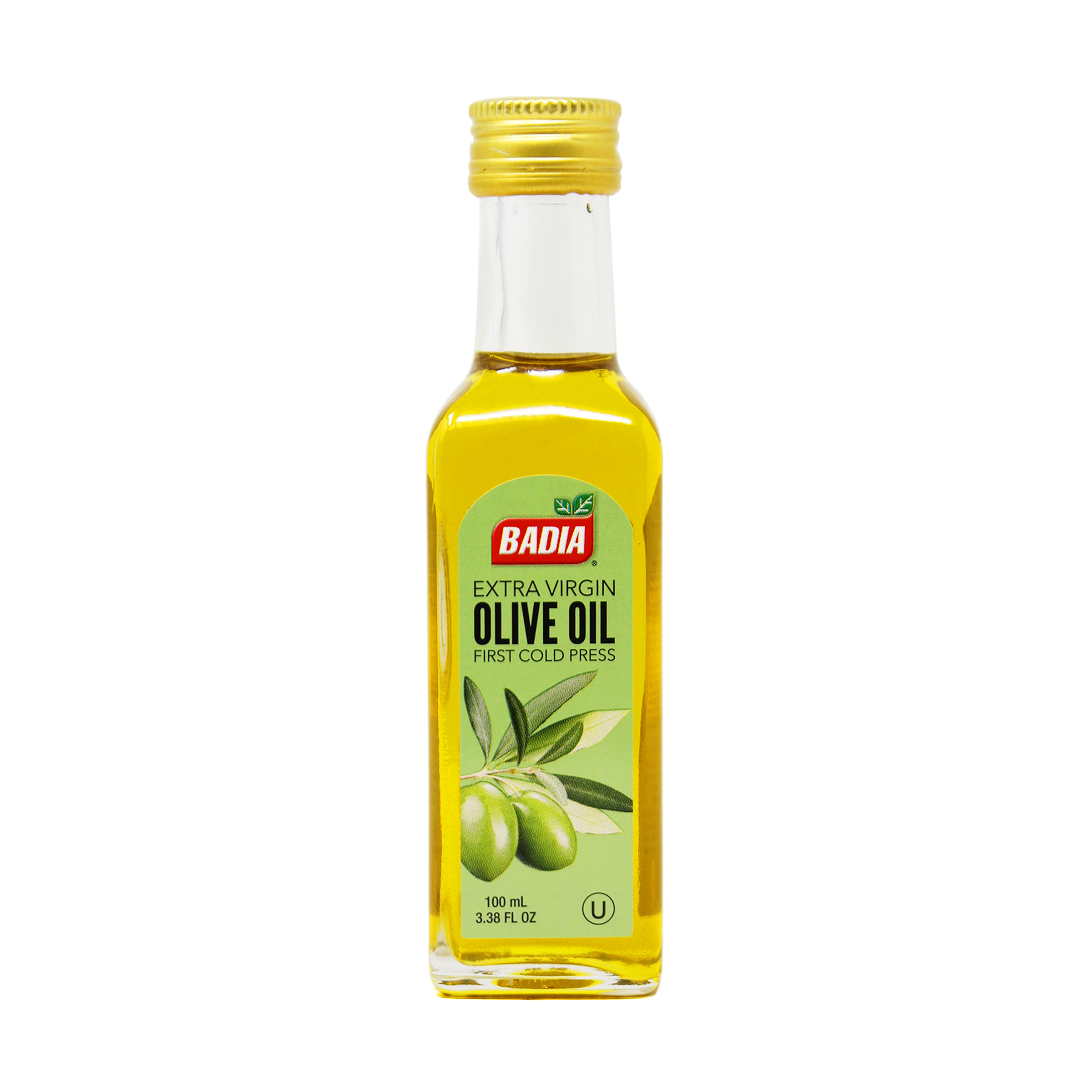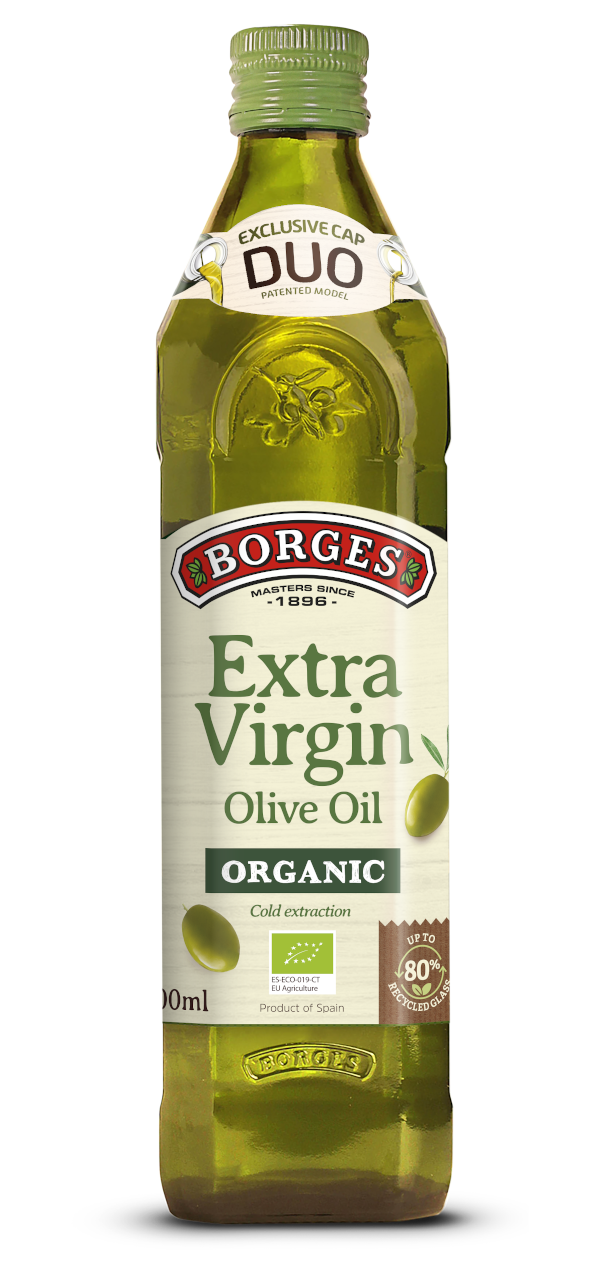Unlock the Hidden Extra Virgin Olive Oil Benefits for Weight Loss
Unlock the Hidden Extra Virgin Olive Oil Benefits for Weight Loss
Blog Article
Exploring the Different Types of Olive Oil and Their Uses, Including Additional Virgin Olive Oil
The exploration of olive oil incorporates a varied range of kinds, each offering unique flavors and culinary applications. Extra virgin olive oil, renowned for its premium top quality and health advantages, offers as a staple in several kitchen areas, yet it is just one element of this diverse component.
What Is Olive Oil?
Obtained from the fruit of the olive tree, olive oil is a staple in Mediterranean food and a vital component in numerous cooking applications. This flexible oil is produced by pressing whole olives, leading to a fluid that varies in color, taste, and aroma depending on the kind of olives utilized, the area of growing, and the removal process. Olive oil is mostly made up of monounsaturated fats, especially oleic acid, which is understood for its potential health benefits, consisting of anti-inflammatory residential or commercial properties and cardiovascular assistance.
In enhancement to its cooking uses, olive oil has a lengthy background of application in typical medication and skincare, owing to its rich antioxidant content (extra virgin olive oil benefits). The oil is often utilized in dressings, marinades, and for cooking techniques such as sautéing and roasting. Its unique taste account can improve the taste of numerous recipes, making it an important ingredient for both home cooks and expert cooks
In addition, olive oil is celebrated for its duty in the Mediterranean diet plan, which is associated with countless wellness advantages. As recognition of these benefits expands, olive oil continues to get appeal worldwide as a fundamental component of a healthy and balanced way of life.
Kinds Of Olive Oil
Recognizing the various types of olive oil is crucial for both cooking enthusiasts and health-conscious customers. Olive oil is classified primarily based upon its removal technique and quality, which significantly affects its taste, wellness, and scent advantages.

Light olive oil, regardless of its name, describes a lighter flavor and not reduced calories. It is ideal for those seeking an extra subtle taste in dressings and marinates. Furthermore, there are flavorful olive oils instilled with herbs, spices, or citrus, which can improve dishes without the requirement for extra seasoning.
Each sort of olive oil offers details cooking objectives, and understanding these distinctions enables consumers to make informed options that line up with their food preparation styles and health goals.
Bonus Virgin Olive Oil
Additional virgin olive oil (EVOO) is commonly considered as the best olive oil available, popular for its rich flavor and various health and wellness advantages. To be classified as added virgin, the oil has to be created from fresh olives utilizing mechanical processes, without making use of solvents or extreme heat. This meticulous technique preserves the oil's all-natural tastes, antioxidants, and why not find out more healthy fats, resulting in a product with a reduced acidity level of much less than 0.8%.
EVOO is bountiful in monounsaturated fats, particularly oleic acid, which is linked to lowered inflammation and improved heart wellness. It likewise consists of polyphenols, powerful anti-oxidants that may offer safety impacts against chronic diseases. The flavor account of EVOO can differ dramatically depending upon the olive range and area of manufacturing, ranging from verdant and fruity to robust and peppery.

Culinary Uses of Olive Oil

In cooking, olive oil can be made use of for sautéing, toasting, and barbecuing, giving a much healthier choice to butter or various other fats. Its high smoke factor makes it ideal for different cooking approaches, while its anti-oxidants contribute to a heart-healthy diet plan. Showering olive oil over finished meals, such as pasta, fish, or grilled vegetables, can boost flavors and include a touch of elegance.
Additionally, olive oil plays a substantial function in cooking, where it can replace typical fats in dishes for bread and pastries, giving wetness and a refined preference. It also acts as a base for infused oils, allowing chefs to explore flavors such as garlic, natural herbs, or chili, better increasing its culinary possibility. Overall, olive oil's versatility makes it vital in both home and specialist kitchens.
Picking Quality Olive Oil
When selecting top quality olive oil, it's necessary to think about a number of crucial variables that influence the item's scent, health and wellness, and flavor advantages. Opt for additional virgin olive oil (EVOO), which is derived from the initial chilly pushing of olives and contains the highest possible degrees of antioxidants and valuable compounds. Seek oils that are certified by identified organizations, as this usually makes certain adherence to stringent high quality requirements.
The packaging also plays a considerable function in preserving the oil's integrity. Choose oils kept in dark glass containers or tins to safeguard versus light degradation. Focus on the harvest date; fresher oils offer superior taste and nutritional value, so pick items that are within 18 months of their harvest.
Be mindful of the preference; a great quality olive oil must have a balance of fruity, bitter, and sharp notes, showing its richness and complexity. By reviewing these elements, you can ensure you are picking the finest weblink olive oil for your cooking requirements.
Verdict
In recap, the expedition of various types of olive oil discloses distinct qualities and applications, with added virgin olive oil next standing for the peak of high quality due to its reduced level of acidity and high antioxidant web content. Understanding the different ranges of olive oil enables for educated choices in food preparation techniques, promoting much healthier techniques while enhancing the total gastronomic experience.
Derived from the fruit of the olive tree, olive oil is a staple in Mediterranean food and a crucial active ingredient in numerous cooking applications.The most typical kinds of olive oil include refined olive oil, pure olive oil, and light olive oil.Additional virgin olive oil (EVOO) is commonly concerned as the highest possible quality olive oil readily available, renowned for its abundant taste and countless wellness advantages. Choose for added virgin olive oil (EVOO), which is obtained from the initial cold pressing of olives and includes the highest degrees of anti-oxidants and advantageous substances.In summary, the expedition of numerous kinds of olive oil discloses unique attributes and applications, with extra virgin olive oil standing for the pinnacle of high quality due to its low level of acidity and high antioxidant web content.
Report this page